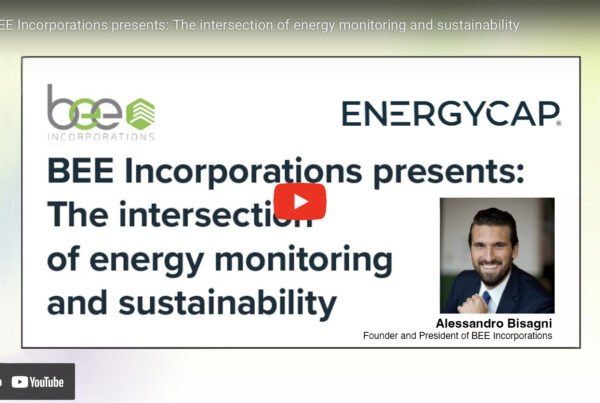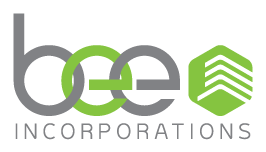LEED has traditionally been the green building certification system to encourage projects to employ environmental design and energy-efficient solutions. But is a green and energy-efficient building necessarily built with respect for the community or constructed using materials sourced from socially just manufacturers? In 2015, USGBC responded to industry perspectives that LEED lacks the consideration of social equity and aspects, it formed a Social Equity Working Group in to explore ways to foster social equity––one of the organization’s guiding principles.
The Social Equity Working Group created the LEED Project Team Checklist for Social Impact to help building industry professionals address these issues. The Checklist, first created in 2018, is intended to encourage project teams to ask themselves important questions surrounding equity, community, resilience and social engagement. Since then, USGBC has developed the three social equity pilot credits, applicable to all LEED rating systems and building typologies:
- Social equity within the community,
- Social equity within the project team, and
- Social equity within the supply chain.
International project teams can utilize these credits as an alternative compliance path while also making a social impact across diverse geographies.

The LEED v4.1 credit library shows three social equity pilot credits.
The most recent Checklist for Social Impact published in May 2019 was updated based on feedback the Working Group received at Greenbuild 2018 Communities and Affordable Housing Summit. The updated Checklist reflects better clarity on how it can be used, how to involve various stakeholders from the community, and how projects can address displacement, gentrification and resilience. With the most recent LEED version 4.1, this Checklist can be used to earn an Exemplary Performance point through the updated Integrative Process credit.
For local municipality, community groups, developers, and building designers, including the Checklist in an RFP will initiate discussions during project charrettes. The three social equity pilot credits and the Checklist together will be best utilized for corporations or organizations demonstrating solid ESG leadership, such as sustainability reporting via GRESB or JUST labels.










